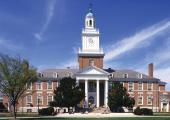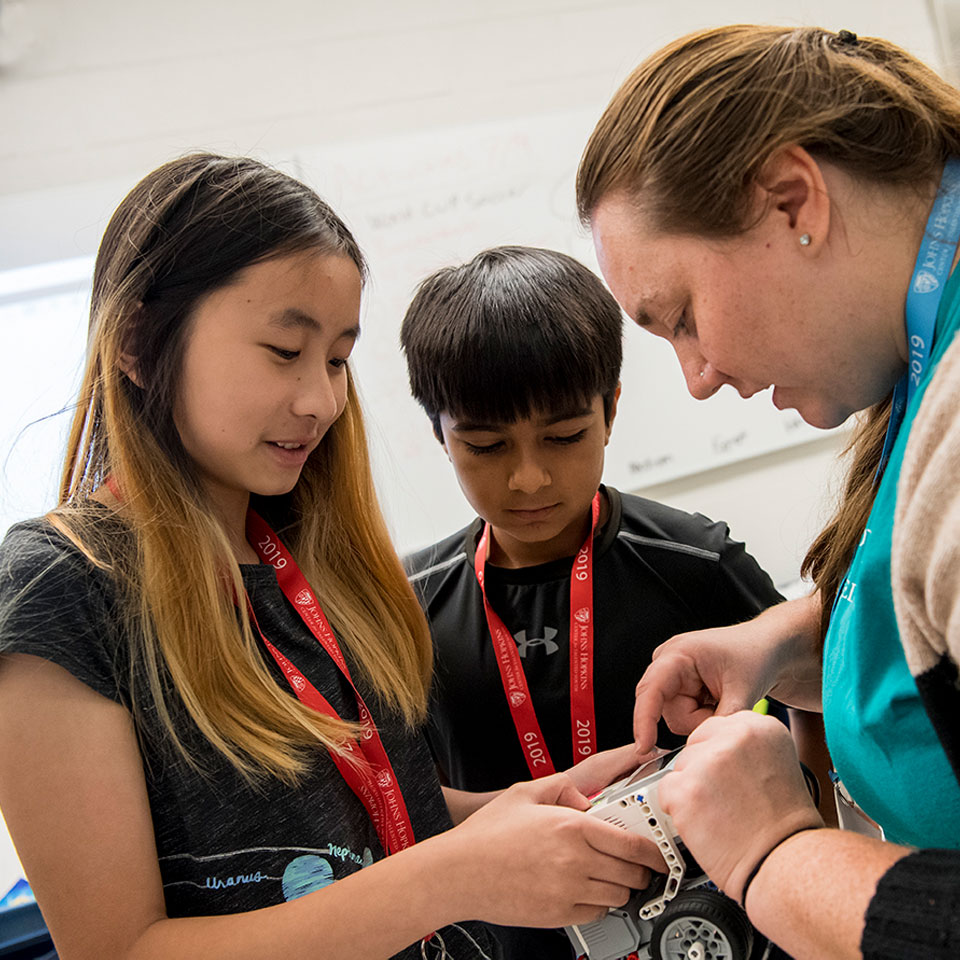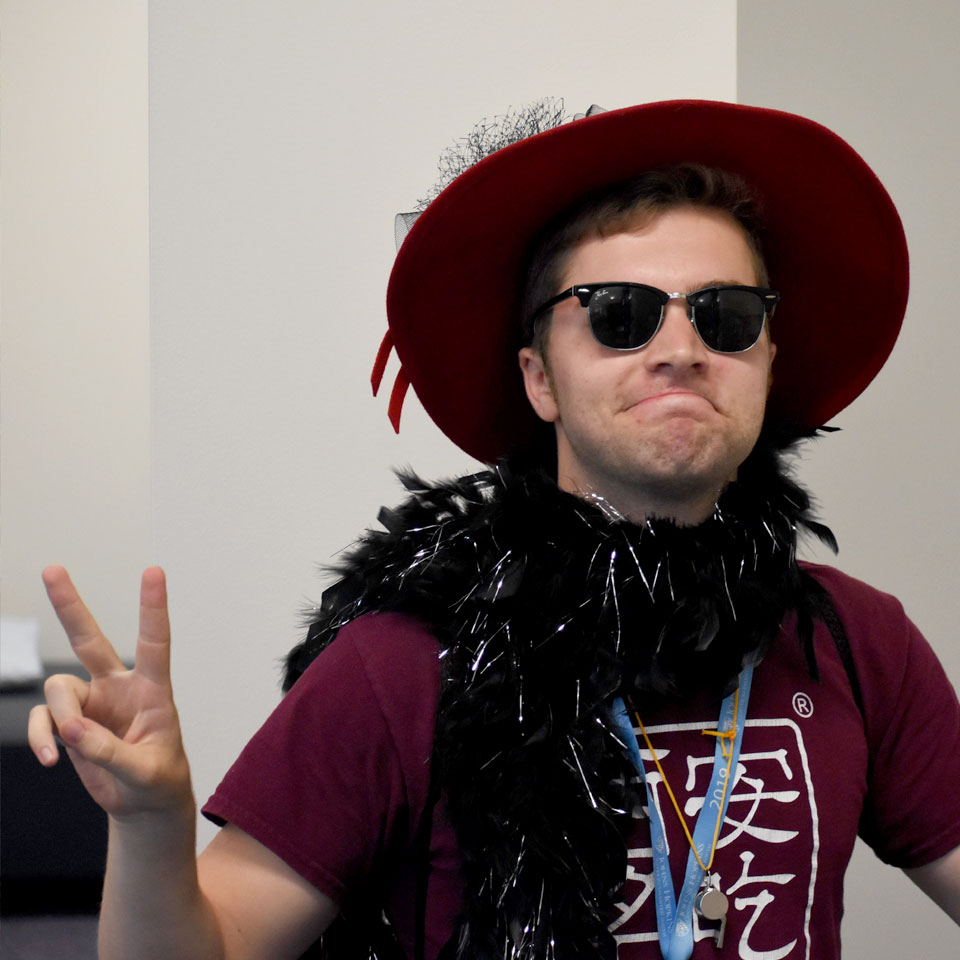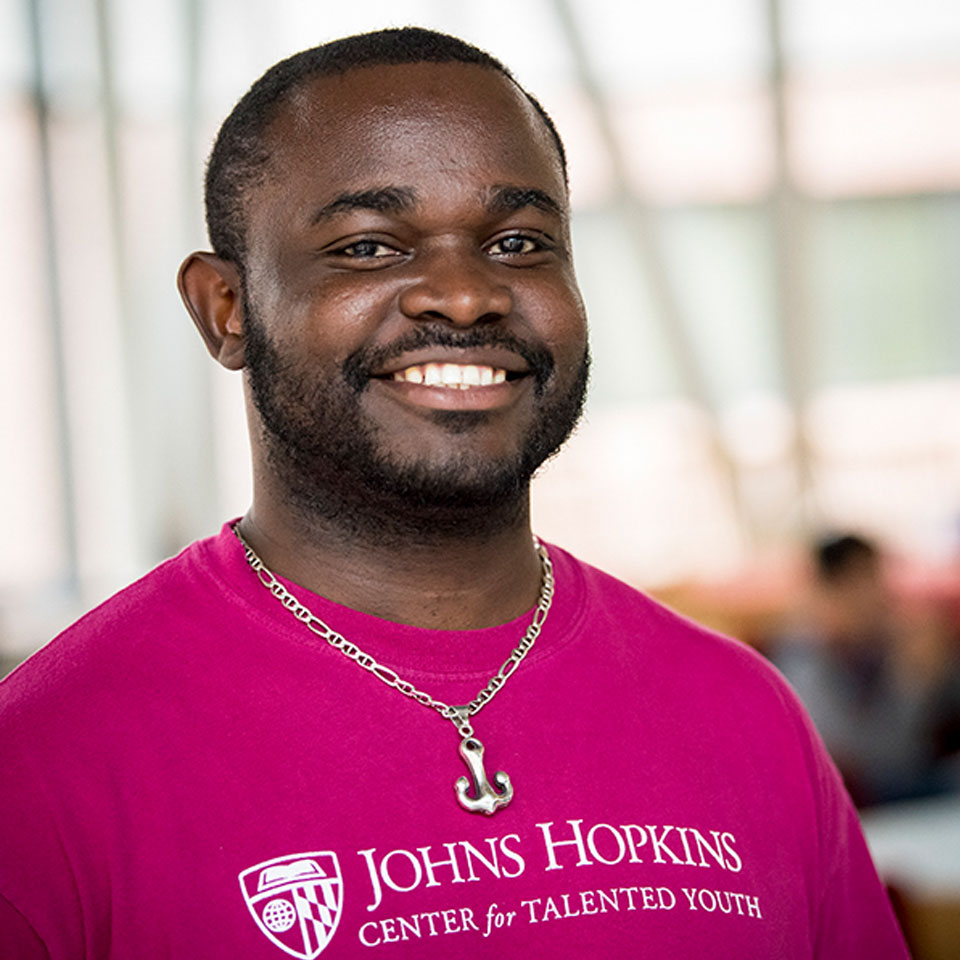Breadcrumbs
The Global Environment
- Grades 9-12
- CTY-Level
-
Residential
- Science and Engineering
Record-high temperatures, rising sea levels, massive wildfires, superstorms, and other environmental disasters have increasingly alarmed citizens across the globe. Scientists believe drastic measures are necessary to slow these types of catastrophes and are using expertise in multiple disciplines to explore solutions. This course investigates these and other ecological concerns to develop students’ understanding of human impact on environmental systems. You’ll conduct research on the ecological impacts of global industrialization and play the role of environmental scientist while analyzing data to develop informed, sustainable strategies for improving the habitability of our planet. You and your classmates will investigate the effects of sea-level rise on the island of Vanuatu, then develop your own mitigation plans based on other proven models. You will explore the impact of rampant population growth in urban areas and the toll it has taken on natural resources. Using case studies, you’ll design experiments, engage in simulations, and use statistical analysis to propose solutions to these complex problems.
Typical Class Size: 16-18
This course is
ungraded.
Summer Dates & Locations
Session Two

Testing and Prerequisites
| Math | Verbal | |
|---|---|---|
| Required Level | CTY-Level | or CTY-Level |
Students must achieve qualifying scores on an advanced assessment to be eligible for CTY programs. If you don’t have qualifying scores, you have several different testing options. We’ll help you find the right option for your situation.
Sign up for Testing Learn MoreCost and Financial Aid
Tuition
- Varies
Application fee
- Nonrefundable Application Fee - $55 (Waived for financial aid applicants)
- Nonrefundable International Fee - $250 (outside US only)
We have concluded our financial aid application review process for 2025 On-Campus Programs. We encourage those who may need assistance in the future to apply for aid as early as possible. We are committed to serving all talented youth regardless of financial circumstances. Financial assistance is available based on need.
Course Materials
Students should bring basic school supplies like pens, notebooks, and folders to their summer program. You will be notified of any additional items needed before the course begins. All other materials will be provided by CTY.
Sample Reading
These titles have been featured in past sessions of the course, and may be included this summer. CTY provides students with all texts; no purchase is required.
- Environmental Science, G. Tyler Miller and Scott Spoolman
- Silent Spring, Rachel Carson
About Science and Engineering at CTY
Explore space and our planet
In our Introduction to Astronomy course, we’ll visit a nearby observatory or planetarium, see what the cosmos looks like through various spectra, and immerse ourselves in the science and technology that bring the universe closer to home. In Marine Ecology, we’ll visit local wetlands and tidepools, observe flora and fauna, collect water samples and analyze them for clues about their health and humans’ impact. And in The Global Environment, we will explore the human impact on our environment and generate proposals for addressing climate change.
Bond over chemistry
Our chemistry courses help you see the world differently, starting at the atomic level. The Edible World gives budding chefs and science lovers a glimpse into the chemical reactions that happen when we make food, and the chemical makeup of meals and treats we eat every day. In our Crystals and Polymers course, we’ll synthesize slime, grow rock candy, and isolate strawberry DNA to learn about the molecular structure of naturally occurring gems and human-produced plastics. In Chemistry in Society, we'll consider how the chemicals in products can both enhance and degrade the world around us; produce biodiesel in a lab to understand alternative fuels; and prepare aspirin to learn about the healing and toxic properties of pharmaceuticals.




